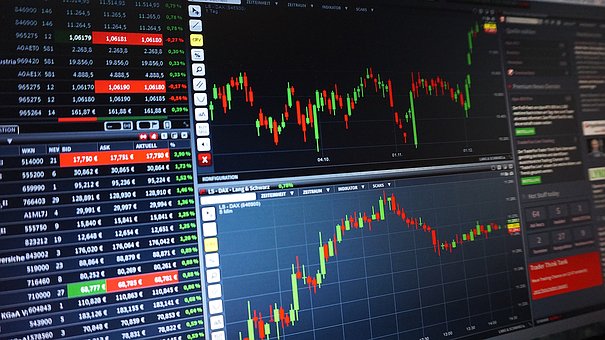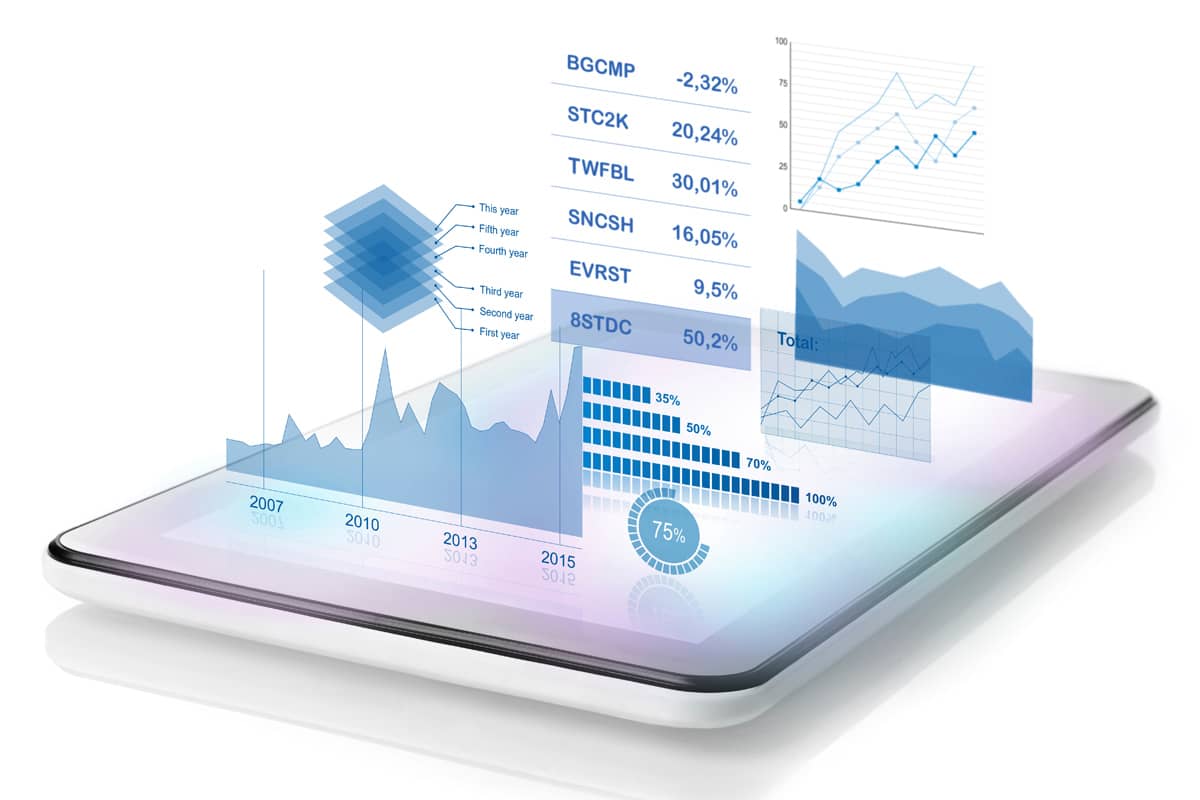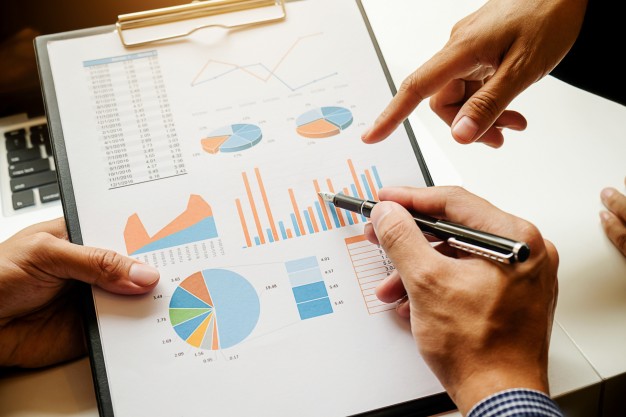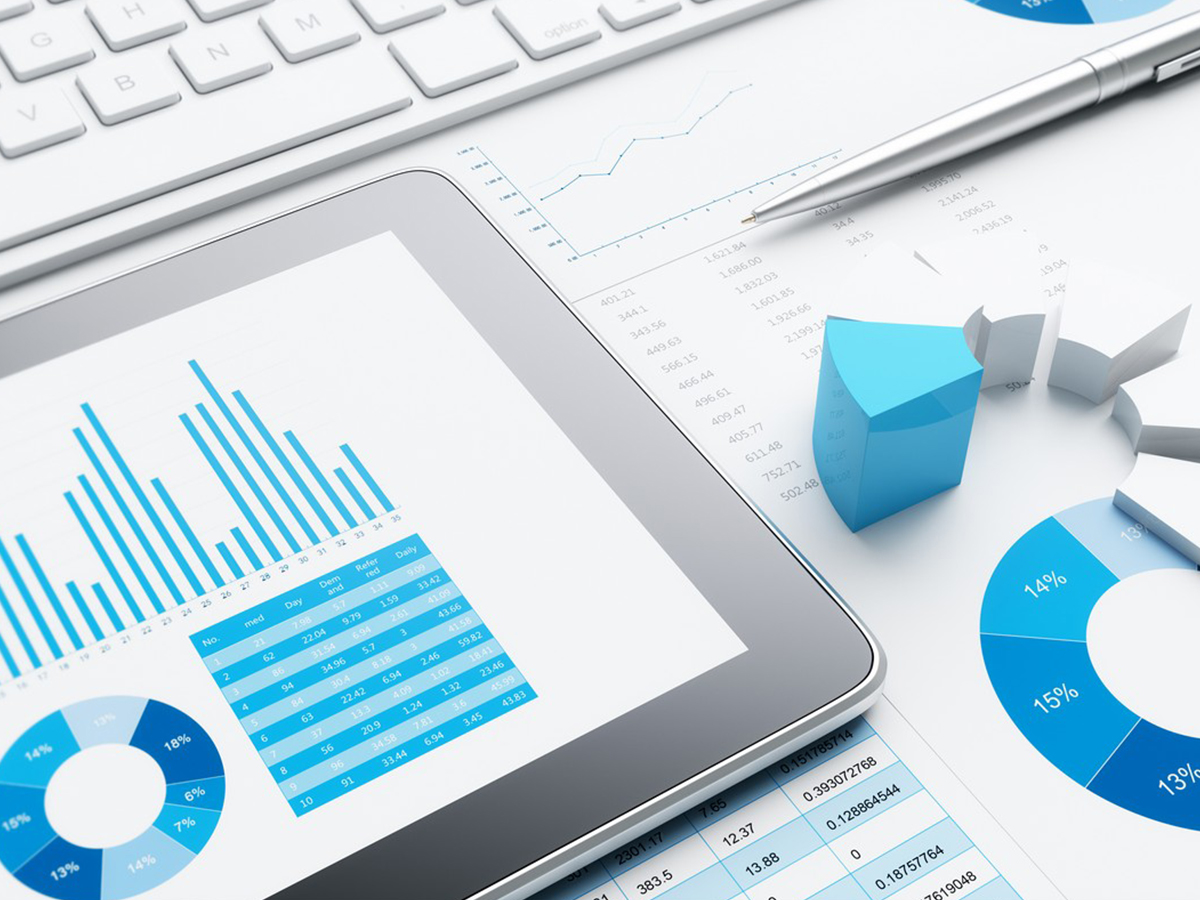
In reality, you are already “trading” on the foreign exchange market. You’re just doing so in a way that handicaps your chances of winning.
See, you already have a job, business or other source of income that is denominated in the currency of the country you live in. If you have a job in the United States, your employer pays you wages in US dollars. When you take those dollars to a store and buy Versace shoes from Italy, you are exchanging them for something that ultimately costs euros to that company. In a sense, you automatically lost on the trade because you let the brand dictate the price to you. If the euro rises in price against the US dollar, the price of the shoes goes up, and you must pay more for the same shoes.
When you become a forex trader, you are consciously deciding to make the differences in currency rates work for you instead of against you. The good news is successful forex traders can make money almost nonstop, virtually on demand. You can afford to buy as many pairs of Italian shoes as you want. Or visit Italy and buy them locally. You can still make money as long as you can access the Internet. Tradedax You’re no longer dependent on the US dollar or any other single currency. If a currency is weakening, you can make money from the ones that are going up in value. The only local currency you depend on is the one of the country where you are currently living or visiting, to pay your bills. You can diversify your investments so they will hold their value. If you own only New York Stock Exchange stocks, for example, your portfolio goes down when the US dollar does. If you also own the stocks of companies in Europe, Great Britain, Japan, Canada and Australian, some stock values will go up as others go down.
The interbank currency market is there for you twenty-four hours a day, Monday through Friday. That’s because the major financial centers are spread around the globe. They include New York City, London, Frankfurt, Hong Kong, Paris, Singapore, Zurich and Sydney. And the transaction volume averages nearly $4 trillion a day. Therefore, it’s incredibly liquid.
The main driver of currency price moves is business activity. Multinational corporations have their headquarters in North America, raw materials suppliers in Brazil, manufacturing facilities in China and Thailand, and sell to customers throughout Europe and the Middle East. Yet they need to produce accounting statements in one currency. But everybody wants to pay and be paid with their local currency. They rely on major banks to handle the day to day transactions.
Banks are also where individuals go to obtain foreign currency when they’re planning a trip to another country. Therefore, banks must have plenty of cash in many different currencies to meet the demands of their customers. Major banks also have their own trading desks. They train and pay people to trade the forex markets on their behalf so they make a profit from the transactions above the amount of the routine fees they charge.
Every bank sets its own rate between each currency. There is no central exchange such as the New York Stock Exchange. Everything is over the counter. Foreign exchange brokers obtain the prices from the banks, then show you an average of what the banks are charging. When you put in an order, the broker makes the market for you. They are taking the other side of the trade.
Forex trading demands you pay close attention to everything that affects the world economy, including politics.


